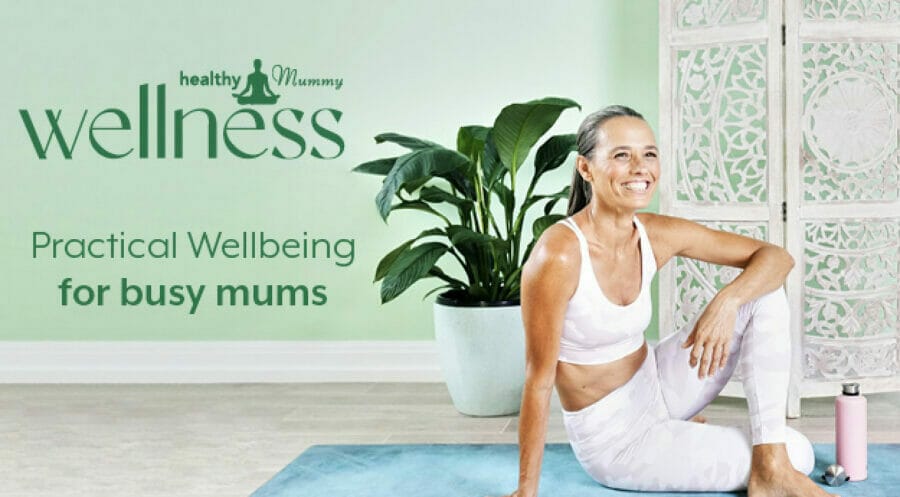![]()
How to let go of a relationship that stresses you out

Are you in a toxic relationship or is it just your usual relationship stress?
Stress in relationships can appear in many types of relationships. It doesn’t necessarily have to be with a lover. It can be a relationship with a friend or even a family member.
The best way to know if you have a relationship that stresses you out is if you feel you can never quite relax when you are around this person, and your guard is up.
Relationship conflict has been shown to have a negative impact on your health. It can affect your sleep and blood pressure, cause you to have a weaker immune system and also impact your mental health.

How to deal with relationship stress
It’s in your best interest to reevaluate your relationships. Identify which are taxing on you, and find ways to minimise your interactions with this person or even eliminate them completely.
Dealing with relationship stress is never easy, but it’s part of life. People tend to act differently when they are under stress. The best thing to help you move forward in any relationship is to work out if the relationship problems are fixable. It may be better to let things go, including the relationship.
Every healthy relationship comes with a level of stressors. A “normative” level of relationship stress may be the occasional misunderstandings, leading to some room for improvement in your communications.
But when these occurrences and hard times in your relationship become the “norm”, it’s time to reevaluate.
Sometimes the signs are clear, the relationship is over, but sometimes they are not.

8 signs you need to let go of a toxic relationship
- You feel unhappy more than you feel happy.
- Your needs aren’t being met – this could be emotional needs.
- You feel misunderstood and struggle to communicate.
- You’re giving more than you are receiving.
- You don’t feel comfortable being yourself.
- You’d rather spend time away from their person.
- You don’t feel respected.
- You’re walking on eggshells around this person.
How relationship stress can cause you to eat unhealthily
From our infancy, relationships become linked with food and feeding.
When we’re breastfeeding or feeding our babies, we form close bonds of attachments with them, which lays the foundation for a secure relationship attachment between mum and child.
Every new relationship often starts with some form of food element. Whether dating, work, family or in other relationships, we tend to include food in everything. As we grow older, social events revolve around food as we broaden our need for reassurance and comfort to a wider set of people.
It’s not uncommon for some people to substitute food when faced with a lack of a safe, nurturing, healthy relationship.
There is a high correlation between eating disorders and relational trauma.
How often do you find you turn to food when anxious or stress levels are high? After arguing with your partner or children?

Communicate with your partner
Turning to food instead of your partner may lead to more problems, not just with your health but also in your relationship.
It may be difficult for you to have those conversations about money, relationship problems or the kids, but you are in a partnership, and you need to let your partner know you need them.
Being more open with your stressors may also help your partner’s stress, and they’ll feel more comfortable sharing their stressors. With the right communication skills, you can work on stress management tools that benefit each of you personally and help build a healthy, loving relationship.
If you find it hard to do this, seek professional help from a counsellor to support how best to improve your communication skills and build a healthier relationship.
How to let go of a stressful relationship

1. Give yourself time and space
Time to yourself and space on your own is important self-care, as it allows you to think straight. By having a clear head, you’ll feel more clear in your decision. Moving on from a high-stress relationship with a loved one can also cause stress, but you need to be gentle with yourself as you move forward.
2. Take small steps
One of the hardest things when you let go of a relationship, is enjoying your peace and freedom. Don’t panic and think, ‘I’m on my own now’ or ‘I need a new friend’ and rebound with another toxic person.
3. Focus on yourself
After being in a toxic relationship, it’s time for you to work on yourself. Find new self-care practices that help you grow self-love and wellness, allowing you to move forward in life and new relationships.
4. Surround yourself with positive people
It might be hard to walk away, but it will be easier if you surround yourself with a positive support group. Cultivating healthy relationships will help you better recognise less supportive relationships in the future.
5. Move on
Get rid of the guilt. Forgive yourself for staying in the relationship too long. Shower yourself with lots of positive affirmations, self-care and self-love.
Get Access to more articles like this on Healthy Mummy Wellness App

The Healthy Mummy Wellness app is built to support mums’ mental, physical, and social well-being and help you get through stressful times.
We have expert advice to help mums makeover their minds, transform their mood, manage their hormones, sleep better and engage with their family. We also offer ways to manage external stressors and help you through hard times with tools for stress management and mental health.
You can listen to podcasts, read blogs, work out with our trainers and find healthy, family-friendly recipes from the palm of your hand.



